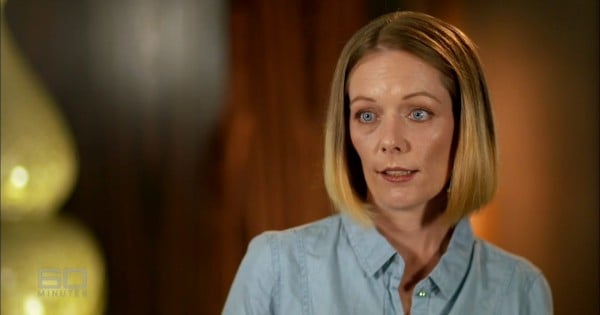Angela Kiszko and Adrian Strachan love their six-year-old son Oshin, but they don’t want to give him potentially life saving cancer treatments.
The family made national news last week when a West Australian Family Court enforced Oshin’s access to the radiotherapy and chemotherapy treatments, despite their wishes.
Last night they told their side of the story to 60 Minutes.
“I don’t understand it, and I’ve said that to the oncologist,” Kiszko said. “I said, ‘If I could understand your treatment I’d be for it, but I just, in my head I cannot understand it.”



Top Comments
You have no right to say any of this you have no clue what so ever what actually happened so keep your thoughts to yourself I know what happened every bit of it and everything you say is false
P.S. I meant to say Latvia is another country in which positive alternatives treatments are on the rise.